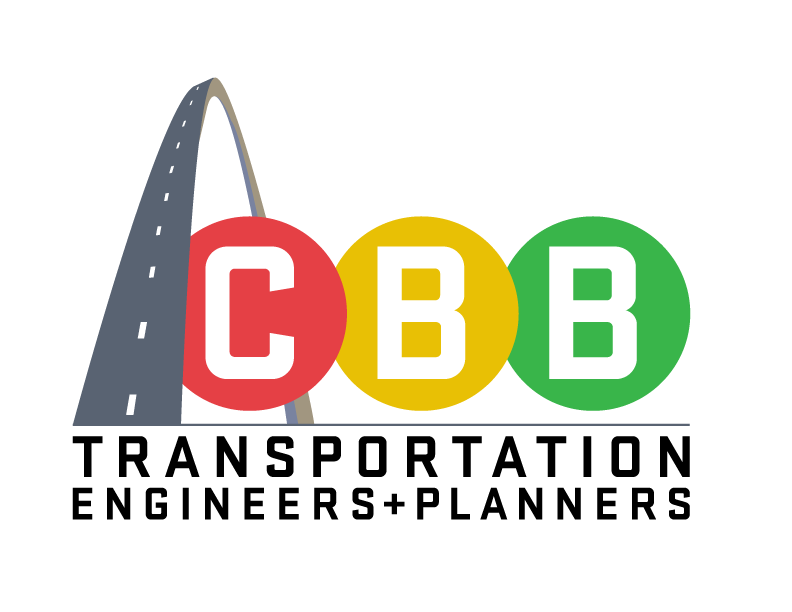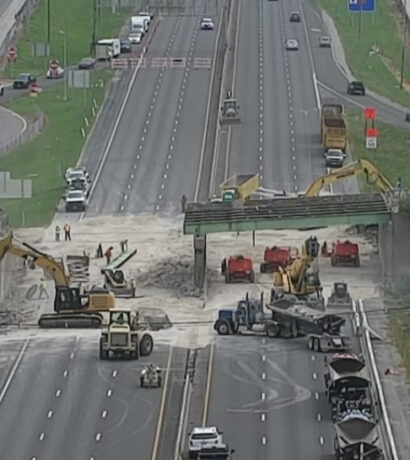About the Project
Various Locations, State of Illinois
CBB has worked with the Illinois Department of Transportation (IDOT) on this statewide signal timing improvement project for over 20 years. CBB’s participation in this annual program has involved the re-optimization of signal systems within two groupings of IDOT’s districts (2-5 and 6-9). Each group’s project consists of approximately 5-10 individual signal systems per year. The optimization process begins with pre travel time measurements, intersection delay measurements, 12-hour manual turning movement counts on a typical weekday and Saturday, 24-hour hose counts for one continuous week, and an extensive field investigation of the project corridor.
Timing plans are then developed using the Synchro software package and submitted to IDOT for review in a preliminary report. This report consists of a brief documentation of the corridor recommendations, traffic volume summaries, Synchro reports with time-space diagrams, and a traffic event schedule.
Upon approval of the proposed timings, CBB meets with District signal engineers for the field implementation process. Depending on each District’s preference, CBB either programs the controllers or IDOT’s local signal engineer programs them in advance. CBB and IDOT’s signal engineer perform field observations during each peak period. At this time, individual movement splits and intersection offsets will be monitored, and field adjusted to fine-tune progression through the corridor to the satisfaction of IDOT’s signal engineer.
Once the plans have been finalized on-street, the travel time and intersection delay measurements are repeated to determine the benefits of the retiming efforts. A final report is then prepared that details the project, analysis procedures, and contains a comprehensive data appendix (consisting of turning movement counts, hose counts, time-volume graphs, existing and proposed Synchro reports, travel delay summaries, intersection delay summaries, clearance interval calculations). This final document identifies improvements to the corridor in terms of annual reductions in fuel consumption costs and vehicle pollutant emissions.
Since 2005, CBB’s signal timing plans developed for IDOT as part of their SCAT program have resulted in an average reduction in travel times of approximately 23% in both the morning and afternoon peak periods. These reduced travel times have led to a reduction in fuel costs for motorists of $15.3M over the last 15 years and lowered vehicle emissions by 3.6M pounds – an average of $225K and 54K pounds per project!







